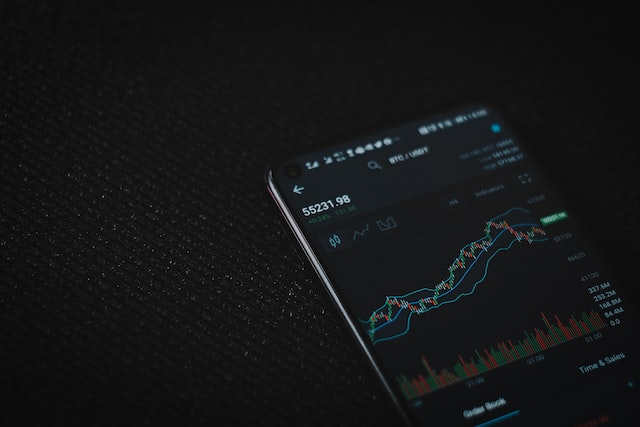The Bitcoin price is rangebound and still unable to find a clear direction in the second half of October. The cryptocurrency hinted at more profits over the past week, but the rally was short-lived as BTC was rejected from a critical area, unable to re-test the $20,000 region.
At the time of writing, the Bitcoin price trades at $19,159 with a 2% loss in the last 24 hours and sideways movement in the previous seven days. Other cryptocurrencies in the top 10 by market cap follow BTC, recording sideways activity over the same period.
BTC’s price moving sideways on the daily chart. Source: BTCUSDT Tradingview
When Will The Bitcoin Price Breakout Of This Range?
Bitcoin is trading between $18,600 and $20,500, with all bullish momentum limited by macroeconomic forces. The sector has been losing steam since September, after the Ethereum Merge, due to a lack of bullish narratives.
Focused on the U.S. Federal Reserve (Fed) and its measures to slow down inflation, market participants are in the dark. The metric stands at a 40-year high as the financial institution hikes interest rate, trying to cool it down.
These measures have led to a destruction of risk appetite for market participants and a collapse in the Bitcoin price and traditional equities. Trading desk QCP Capital believes this status quo might be coming to an end in the coming months.
In a market update, the firm pointed at specific signals hinting at a potential pivot in the central banks’ approach to attacking inflation. First, QCP Capital believes the United Kingdom, where the new government has made bullish announcements for risk-on assets, such as Bitcoin:
Headline news of U.K.’s Hunt tearing up Truss’ mini-budget, reversing tax-cut plans and reviewing the £2,500 price cap for energy yielded positive sentiments for markets. 30Y Gilt currently trading at 4.29%, plunging 48bps after Hunt’s announcements.
The above hints at less tightening and more room for a risk-on sentiment to return to global markets; other central banks in the Western Hemisphere might follow with relief measures of their own.
In the U.S., the Fed faces pressure from its international allies and domestic entities, but the financial institution is reluctant to shift its stance. As long as the Fed is hawkish, the Bitcoin price and the price of related assets will be capped.
On the other hand, QCP Capital claims that China might attempt to boost its growth, but the Asian country is withholding economic data. This uncertainty prompts a bearish sentiment in the Asian market due to fear that China’s economy might be “worse than expected.”
As usual, global markets are looking out for China and the United States. If the Asian country publicizes its economic data, this might remove uncertainty from market participants.
In the North American country, the upcoming Fed’s Federal Open Market Committee (FOMC) meeting might bring back volatility to the market. In that sense, the firm expects the Bitcoin price to remain rangebound until this event. Markets might see some clarity in the coming weeks; QCP Capital said:
With little calendar events till the next FOMC in early November, crypto continuing to lag behind equities, and skews near flat, protective downside structures are the cheapest levels they have been since June.








